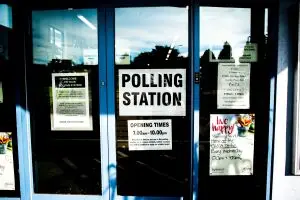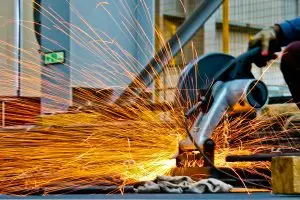Last week, we learned the results of Labour’s 2020 National Executive Committee (NEC) elections. The contest has important implications for the Party, and indeed Keir Starmer, as the NEC oversees overall direction of the Party and its policy making processes.
WHAT IS THE NEC?
The NEC is the governing body of the Labour Party. It comprises 39 representatives drawn from different sections of the Party including the Shadow Cabinet, MPs, trade unions, socialist societies, councillors, Constituency Labour Parties (CLPs), Young Labour, and BAME Labour.
The primary purpose of the NEC is to provide strategic direction for the Party and develop an active party in the country, working in partnership with the Party’s elected representatives, to secure the Party’s objectives. The NEC performs several key functions including governance, compliance, policy development, candidate selection and party rules.
WHAT SEATS WERE UP FOR ELECTION?
A total of 15 seats were up for election. This included nine CLP seats, one disabled representative, a youth representative, two Labour councillor representatives, a treasurer and a Welsh Labour representative. There are slightly different electorates and voting systems for the categories. For example, only Labour representatives in local government elect the councillor reps whereas all members vote for CLP representatives using a Single Transferable Vote (STV) system.
RESULTS AND ANALYSIS
While the internal elections returned mixed results, they are generally favourable to Keir Starmer. The pro-Starmer wing of the NEC was bolstered by three victories for ‘Labour to Win’ candidates and the election of former Welsh First Minister, Carwyn Jones MS, who endorsed Starmer for the leadership. Momentum-backed candidates won five of the CLP positions and enjoyed victories in the disabled members’ representative and youth members’ representative contests.
Ultimately, although candidates from the left of the Party performed well, Starmer’s supporters have a working majority on the ruling NEC. This, coupled with the appointment of David Evans as General Secretary earlier this year, should aid the leader’s control and influence as he seeks to reshape Labour ahead of upcoming elections.
BREVIA CONSULTING PROVIDES STRAIGHTFORWARD POLITICAL ADVICE AND SUPPORT TO BUSINESSES AND ORGANISATIONS
Discover how Brevia can help you and your organisation by contacting the Brevia Transport Team on 020 7091 1650 or contact@brevia.co.uk




